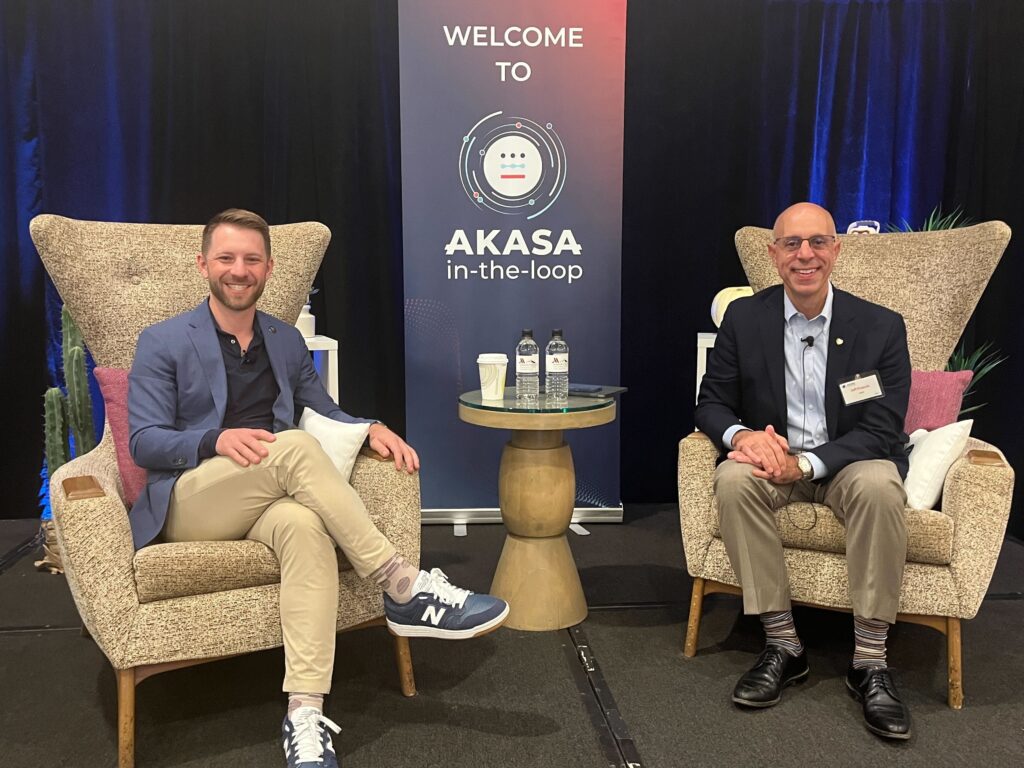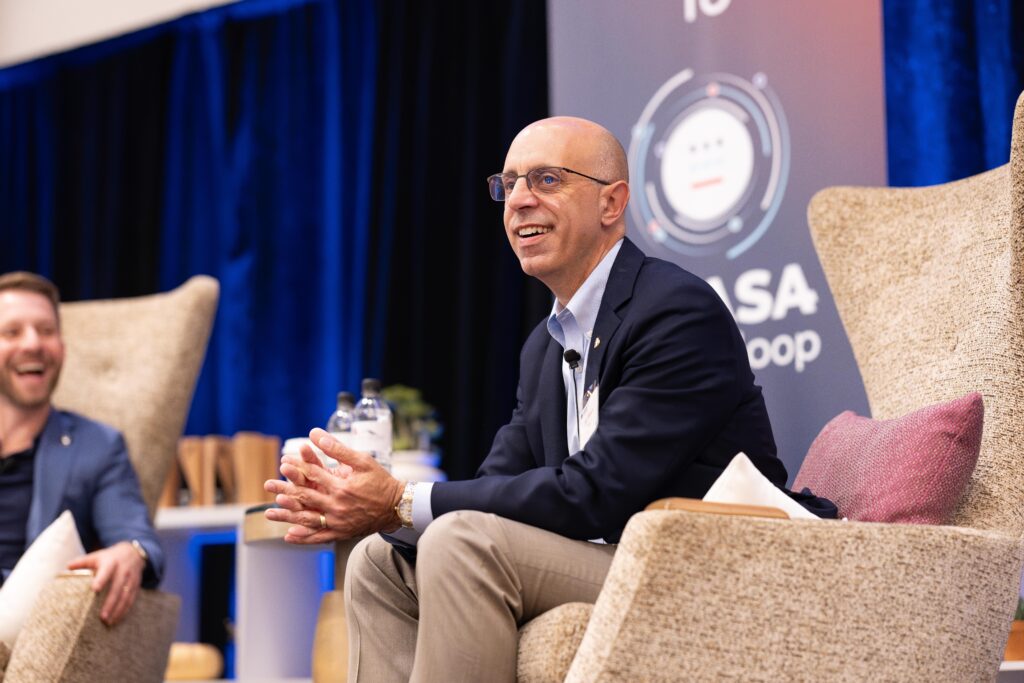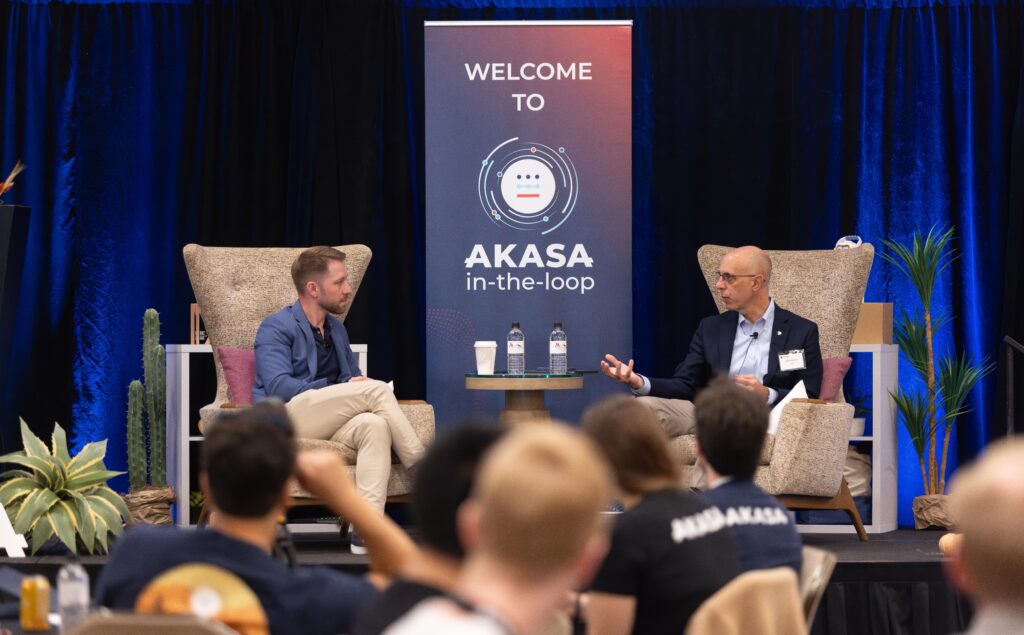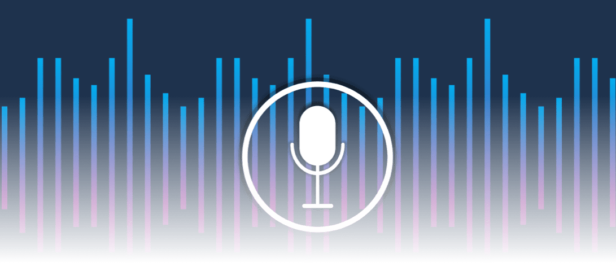The Gist
Health systems are navigating tighter margins than ever, but leaders like Jeff Francis, CFO of Nebraska Methodist Health System, are proving there’s a better path forward. In this candid conversation with AKASA’s Ben Beadle-Ryby, Francis shares how his organization moved from early automation experiments to becoming a frontrunner in GenAI adoption. The results? Fewer write-offs, stronger revenue, reinvestment in clinical care, and a workforce empowered to operate at the top of their license. From real-world ROI (like saving six FTEs and boosting yield) to a bold “Upstream” strategy that’s reshaping their mid-cycle, Francis offers an inside look at how AI is strengthening both mission and margin. Keep reading to see how this partnership is redefining what’s possible in healthcare finance.
AKASA (a remote-friendly company) recently gathered employees for an internal event in Phoenix to explore how generative AI (GenAI) and our solutions are improving healthcare finance.
Among the most powerful moments of the gathering was a fireside Q&A between AKASA SVP and co-founder Ben Beadle-Ryby and Jeff Francis, vice president of finance and CFO at Nebraska Methodist Health System — one of AKASA’s earliest and most committed partners.

Francis’ journey, from early experiments with automation to the frontlines of AI adoption, reflects the changing mindset of health system leaders who are finding new ways to protect margins while advancing their mission of care.
From Customer Service to the Business of Care
Francis didn’t start in healthcare. His first job was a customer service rep for a credit card company. “That’s where I learned about accounts receivable,” he recalled.
His path eventually led him back to the industry that aligned with his values. “Working day in, day out to shave two cents off a cost per reservation didn’t fire me up,” he said of his time there.
That motivation still defines his work. “When you’re in these communities, you’re taking care of friends and family,” Francis said. “Everything that we can do by making it easier for people, driving more revenue, goes back into that healthcare ecosystem to again make these communities better.”
Beadle-Ryby reflected on that mission-driven mindset, noting that Francis and his team “were one of our earliest customers and earliest believers,” adding that “it’s incredibly rewarding to hear how the work we do together translates into care for real people.”
Managing Margin and Mission

Francis spoke candidly about the challenges health systems face in today’s environment. “You will not be able to cut expenses long-term,” he said. “You have to grow that revenue.”
For him, the focus is on operational discipline. “Out of that cash from operations, we have to pay our long-term debt. After that, we can invest in capital. Lately, because of depressed margins, we haven’t been able to invest like we want to.”
But improvements are emerging. “Over the last year and a half, we’ve actually seen improvement in initial denials and write-offs.”
That progress, Francis said, has a direct impact on Methodist’s ability to reinvest in care — whether that’s new MRI machines or robotic surgical systems. “An MRI is 1.7 million,” he explained. “And it’s never just the equipment. It’s the construction, the architecture, and the engineering fees. So all of a sudden, that 1.7 is now closer to 2 million. That’s what we’re able to invest in when we improve yield.”
Partnering With AKASA To Improve Efficiency and Outcomes
Much of that improvement, Francis noted, has come from Methodist’s partnership with AKASA. “We’ve been using AKASA Claim Status for years,” he said. “That is still saving us six FTEs. Did we eliminate six FTEs? No. We have them working on more difficult claims to be able to get those denials overturned or get payments.”
Francis said investing in GenAI isn’t just about efficiency — it’s about people. “We don’t have as many people who want to go into healthcare,” he said. “Maybe we can do more effectively and attract more people with higher salaries, people working at the top of their license, so we become a destination spot for employment.”
This redeployment of talent is part of a larger shift. “Our write-off rate got better because of putting these people into it and having them focus on the right items,” Francis said. “It’s only going to get better with the GenAI-powered Coding Optimizer and the CDI Optimizer work. Our director of coding and clinical documentation even recently said she’s pumped about what’s ahead.”
“It wasn’t easy,” Francis acknowledged. “There was a lot of back and forth. But in all cases, we were working toward a better solution together and that collegiality made a huge difference.”
Beadle-Ryby agreed that Methodist’s early adoption has helped shape the evolution of the AKASA products. “We’ve been incredibly fortunate to partner with leaders like you who not only see the potential of AI but are willing to lean in, test, and co-create with us,” he said.
Check out this case study about how Methodist automated at-risk and past-due claims with AKASA.
Embracing Generative AI
When the conversation turned to the leap into GenAI, Francis admitted his first step was curiosity.
“First, I had to look it up what it was,” he said with a laugh. “It started off with robotic process automation (RPA). Back in the old days, these were Excel macros, and it grew from RPA into machine learning and being able to leverage that.”
Here are 10 Things Healthcare Leaders Need To Know About LLMs and Generative AI.
“Two years ago, I was at a conference with an AI expert who offered a doom-and-gloom talk about the technology, saying it was this awful thing that’s out there,” Francis recalled. “I was just at a similar conference and the message has changed to: ‘No, this is great. Look at all the things that it’s correcting and how it’s making lives better.'”
He contrasted AKASA’s evolution with other vendors that stalled. “There are other companies that remained RPA and are no longer around,” Francis said. “They didn’t take that progression. We were willing to work with AKASA and put in the sweat equity to make this new technology successful going forward.”
Beadle-Ryby acknowledged the shared effort: “It’s one thing to have a great idea. It’s another to have a partner who believes in it early, takes the leap, and helps us make it real.”
AI as Empowerment, Not Replacement
When Methodist first adopted AI, some employees worried about job security.
“Back in 2019, when we were developing it, the concern was, ‘I’m going to lose my job,’” Francis said. But over time, that fear gave way to empowerment. “Once the team started seeing that, ‘Wow, I’m not displacing my job, and wow, I’m not doing data entry,’ they started thinking and utilizing their training.”
He explained that the technology enables coders and billers to work “at the top of their license.” It handles the repetitive work consistently and without fatigue. “Coding Optimizer doesn’t get hungry and lose focus right before lunch,” Francis joked. “The quality and efficiency that AI is bringing is really making a difference.”
Moving Upstream With the Optimization Suite
That same forward-thinking approach extends beyond technology and into how Methodist operates.
Francis’ team at Methodist has adopted a guiding theme for the year: Upstream. The focus (based on a book of the same name) is on doing more work earlier in the process to prevent rework and inefficiency later. “What can we do further up so that we’re not creating rework in the business office?” he summed up.
That mindset aligns perfectly with the rollout of the AKASA Mid-Cycle Prebill Optimization Suite, which Francis views as a practical way to implement the Upstream philosophy.
“With CDI, we’re going to have more thoughtful questions,” he explained. “We’re not going to bother the clinicians as often. It’s going to be more specific so that they’re not going to see us as the bad people asking those questions.”
The impact, he said, reaches across the organization — from coding and documentation to patient experience. By catching and correcting issues earlier, Methodist can reduce back-end friction, accelerate payments, and create a smoother process overall.
“If we can get it right the first time, every time before you even release that bill,” Francis said, “then you can actually prove what you’re operating with on the backside.”
The Optimization Suite will help with that.
A Shared Mission for What’s Next

As the conversation came to a close, Francis reflected on where Methodist is heading and how the partnership with AKASA continues to evolve. His vision is clear: “A lower cost to collect, a destination for revenue cycle employees, and the ability to reinvest to make the experience for the patients — that’s why we’re here.”
He emphasized that progress in healthcare finance isn’t just about technology; it’s about partnership and persistence. “We realized that we will get a better product by working with you as opposed to just sitting back and waiting for you to turn the keys over,” Francis said.
Beadle-Ryby closed the session by acknowledging that spirit of collaboration, calling Methodist “a co-creator in the future of healthcare AI.”
Francis ended on a note that resonated across the room — a reminder that every efficiency gained ultimately serves a larger mission.
“It means more when our people are part of it. They see the impact in their own community. Thank you for allowing us to provide better care for the patients who look to us,” he said. “You are helping us do our mission, which is to improve the health of our communities by the way we care, educate, and innovate. Keep pushing. It’s exciting stuff, and it is making a difference.”

Tiffany Smith is the senior director of content and communications at AKASA. A former magazine editor, she has more than 20 years of experience in content, across healthcare, higher education, and finance, among others.








